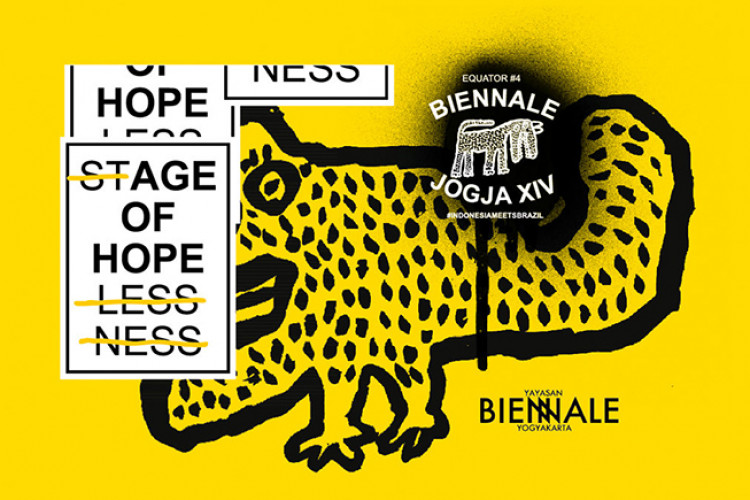Celebrating Documentaries with Lulu Ratna
Mariati Galatio (M) talks to ChopShots' Lulu Ratna (L)
by wjournal
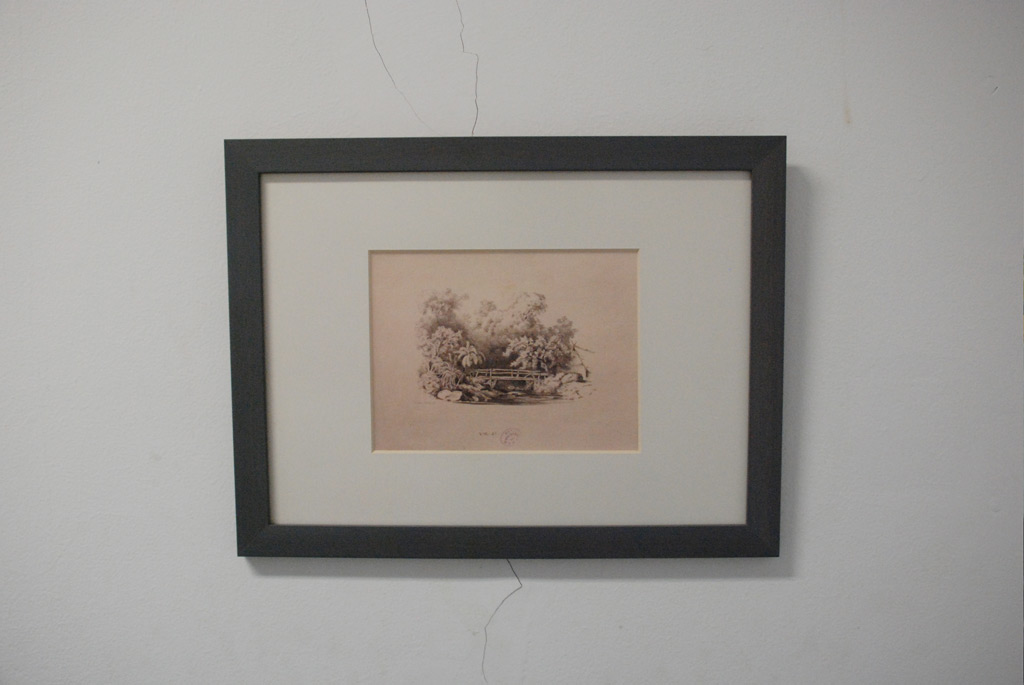
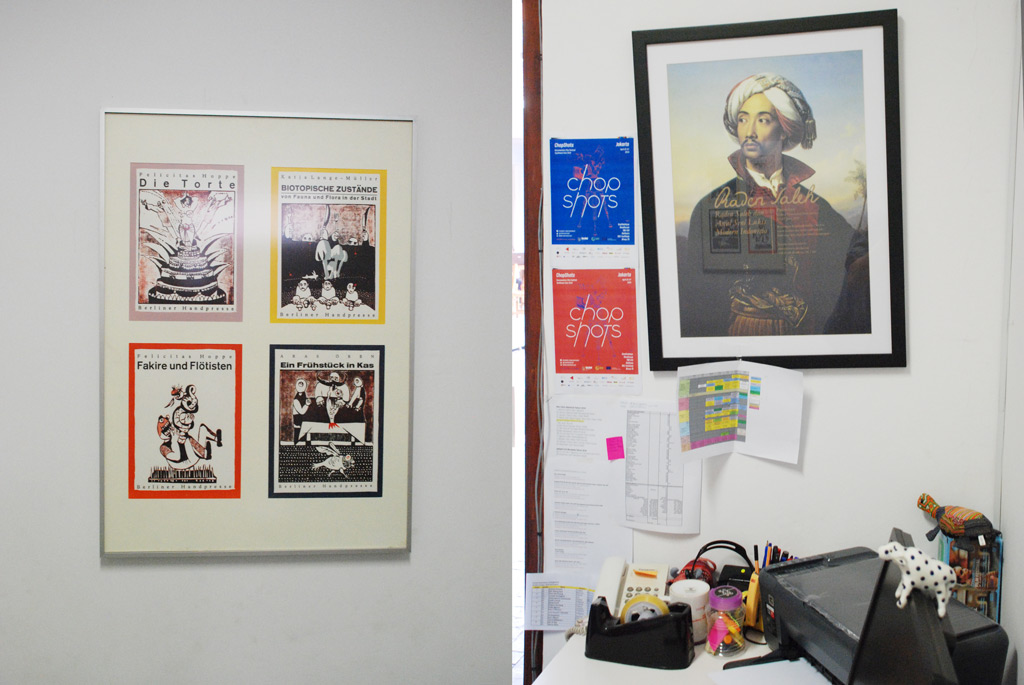
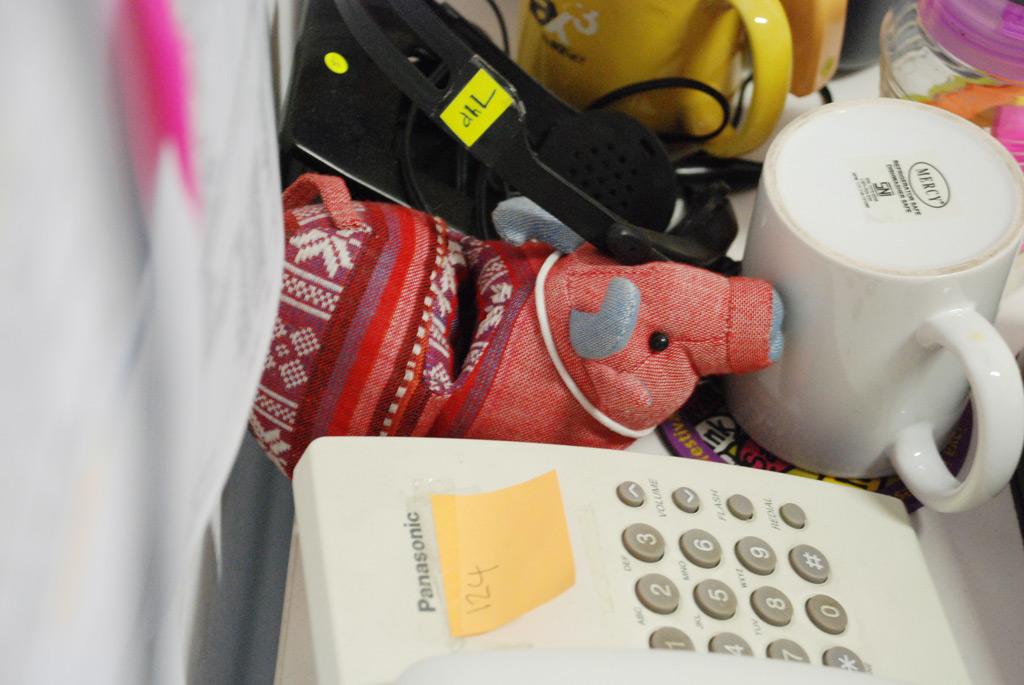
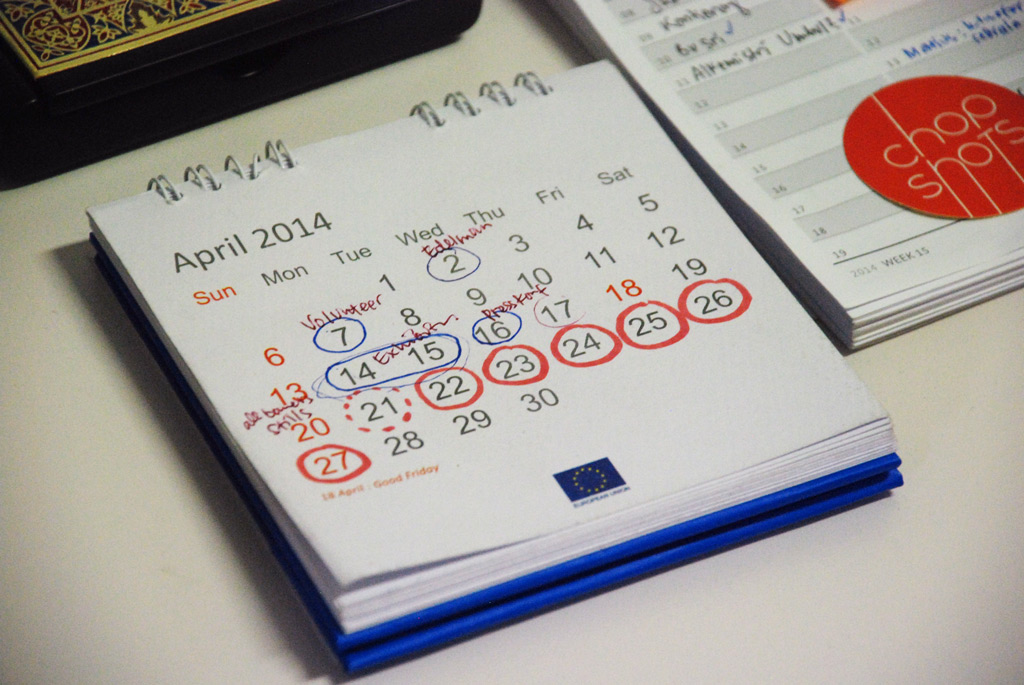
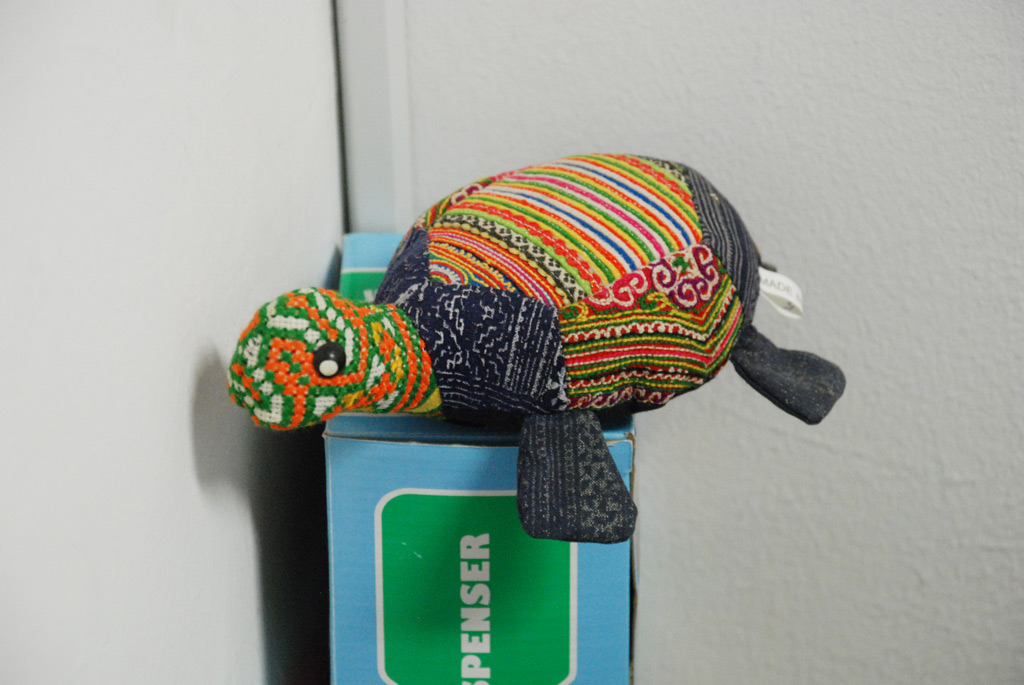
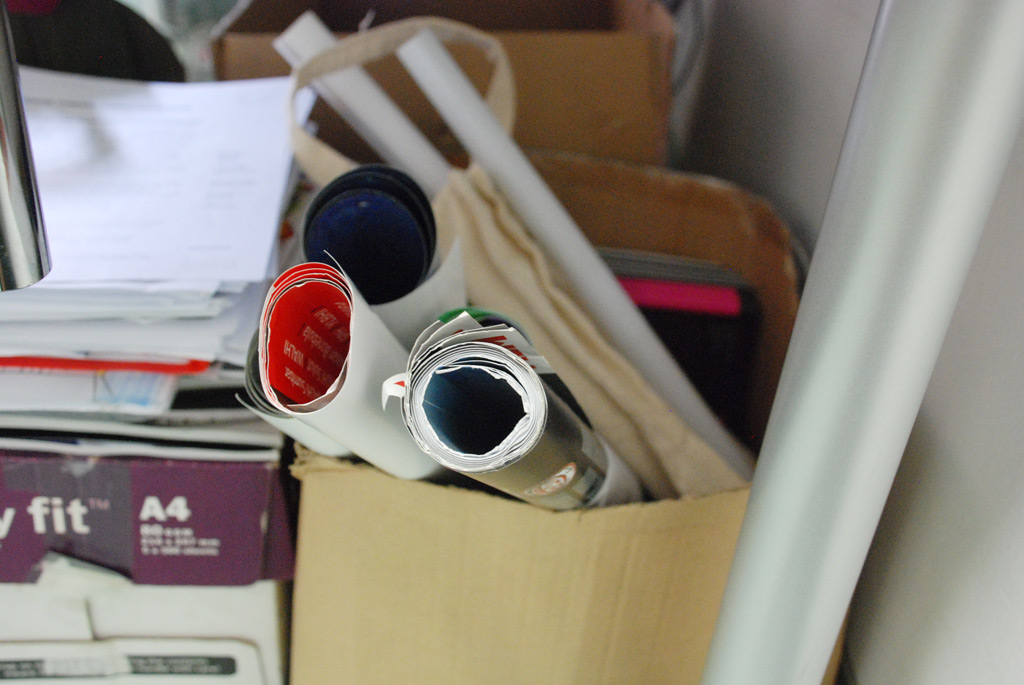
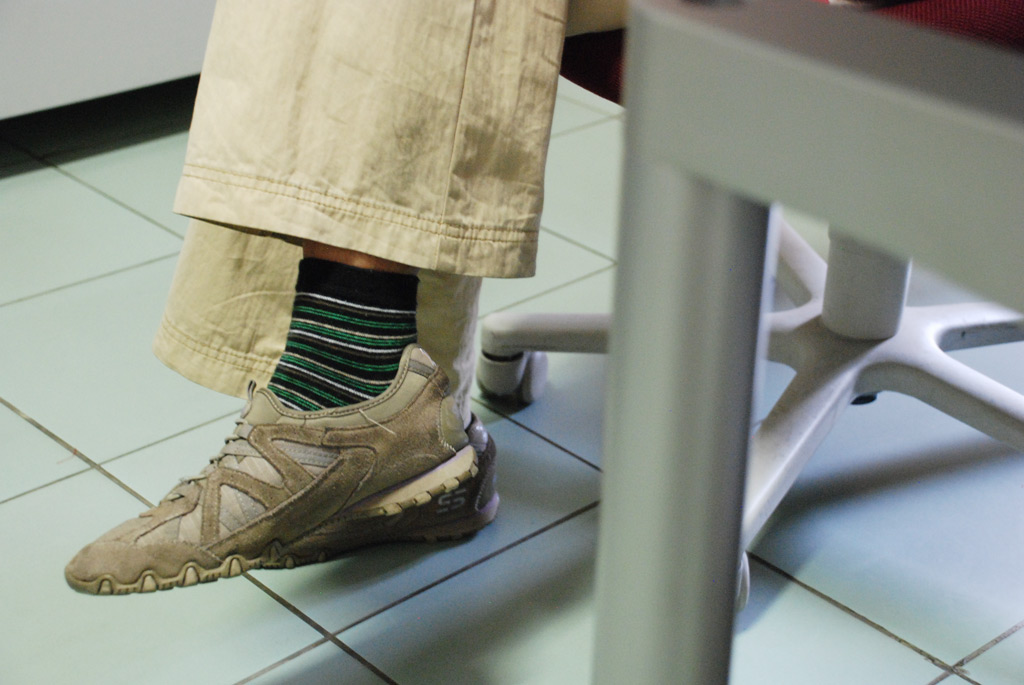
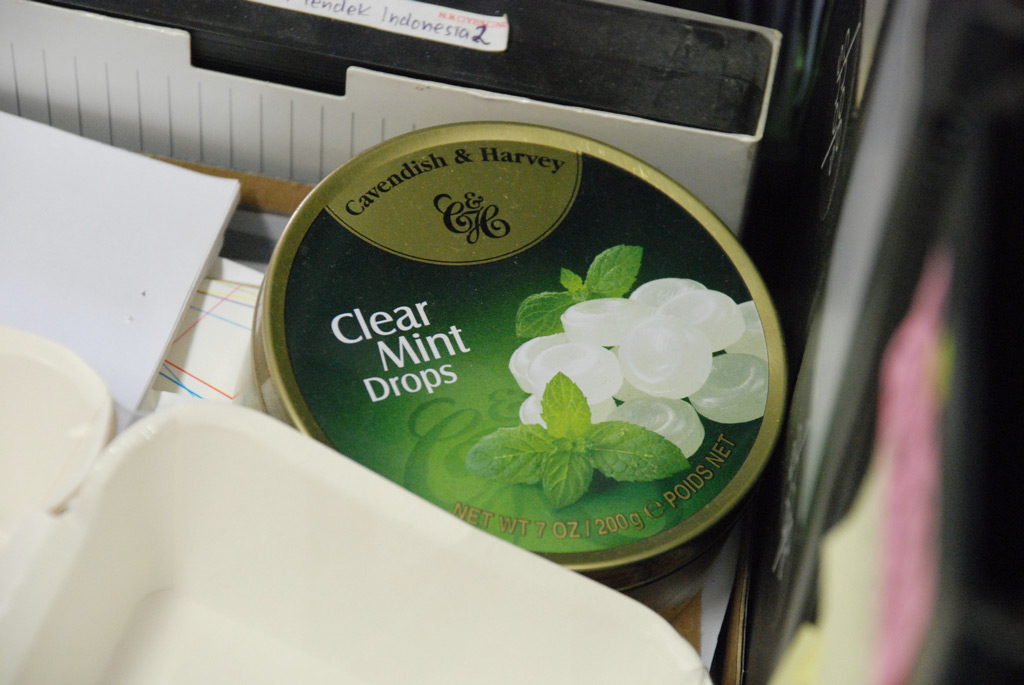
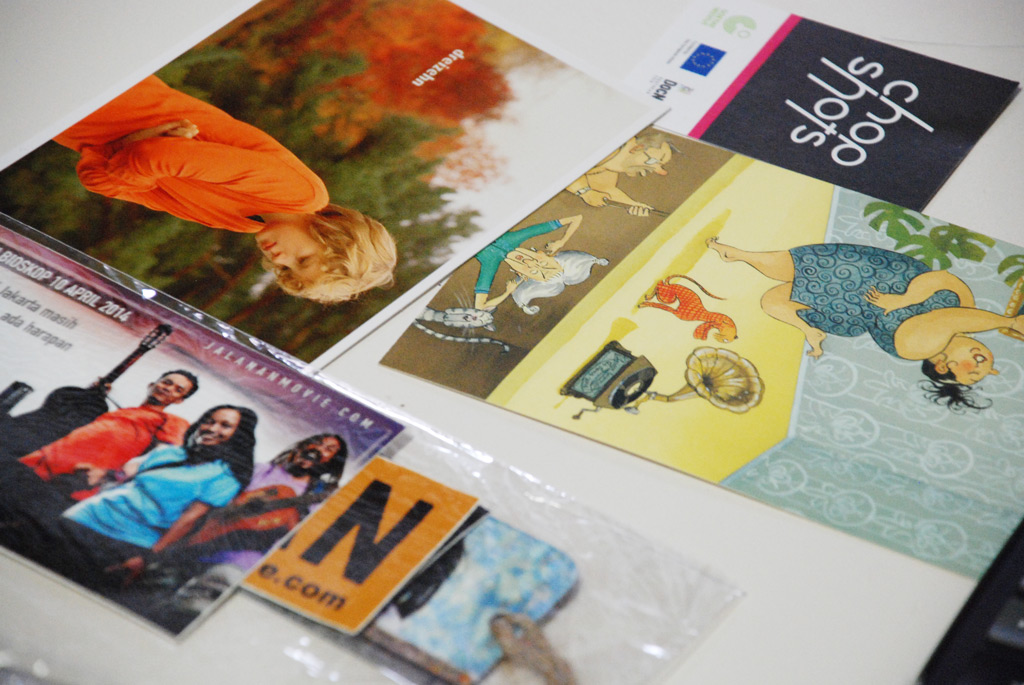
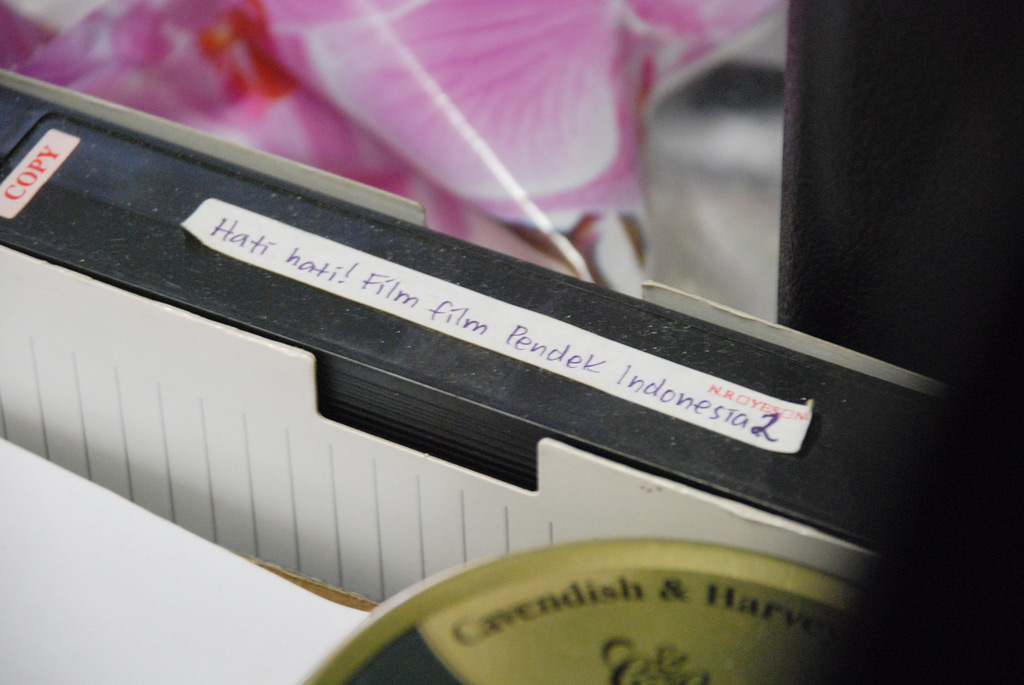
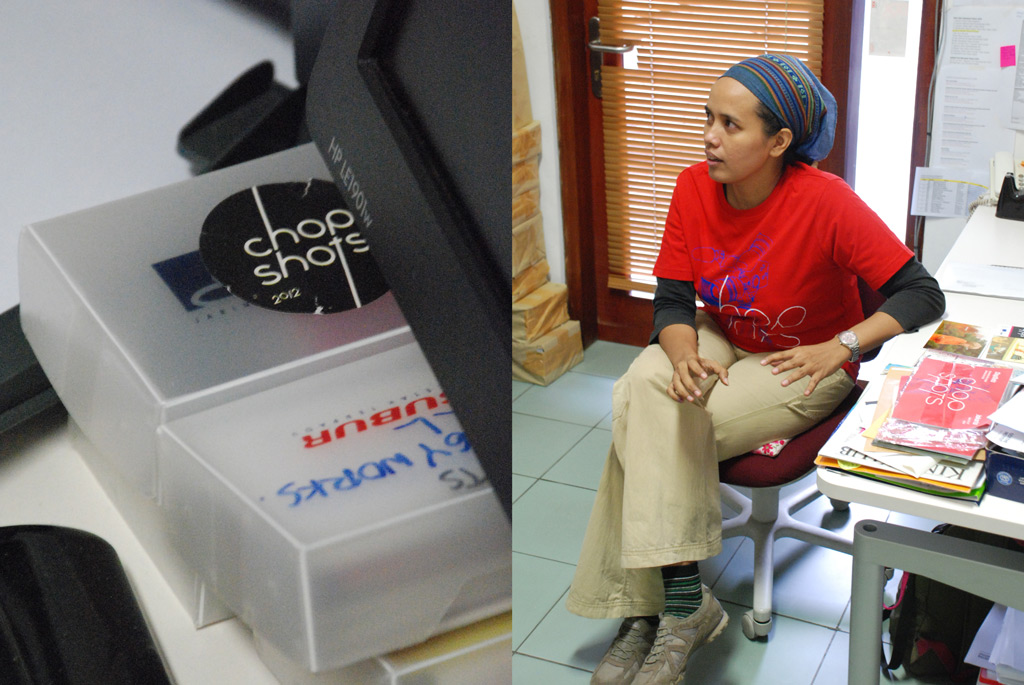
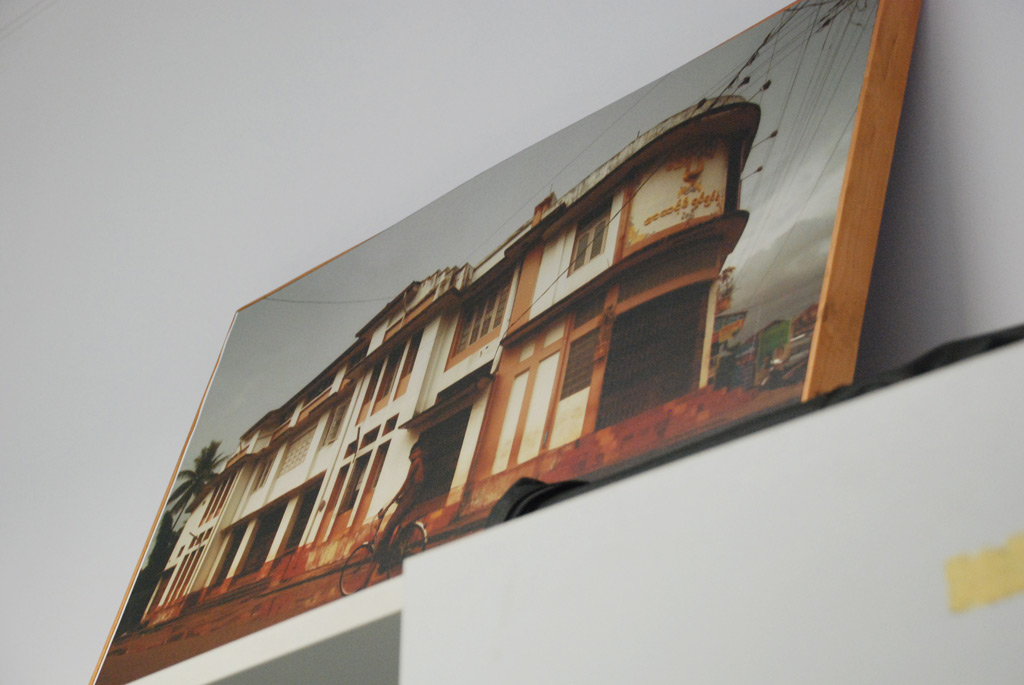
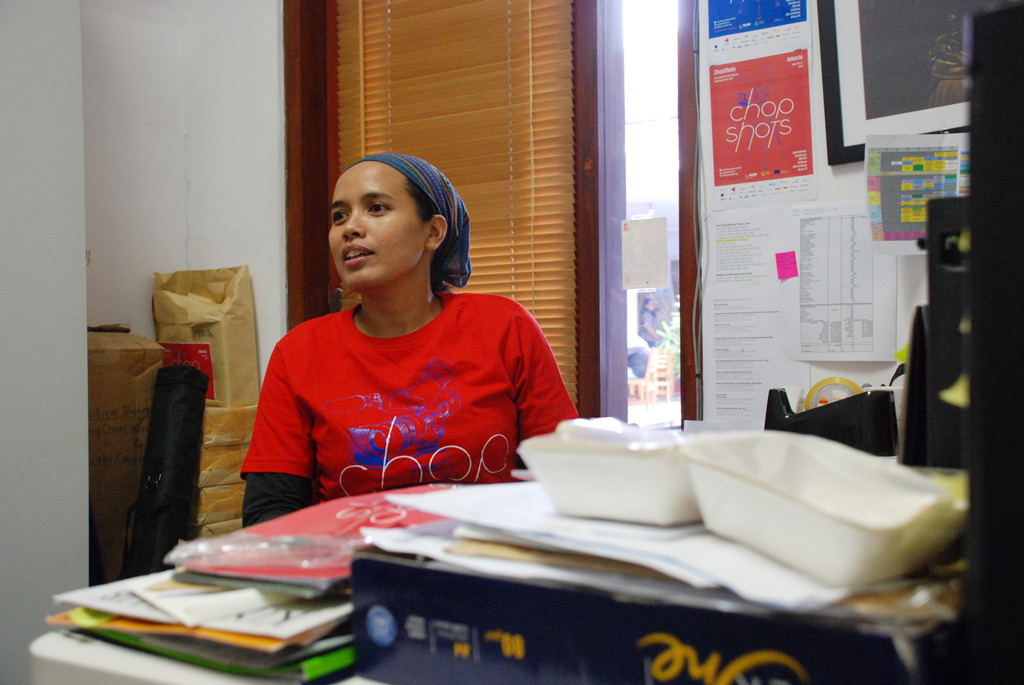
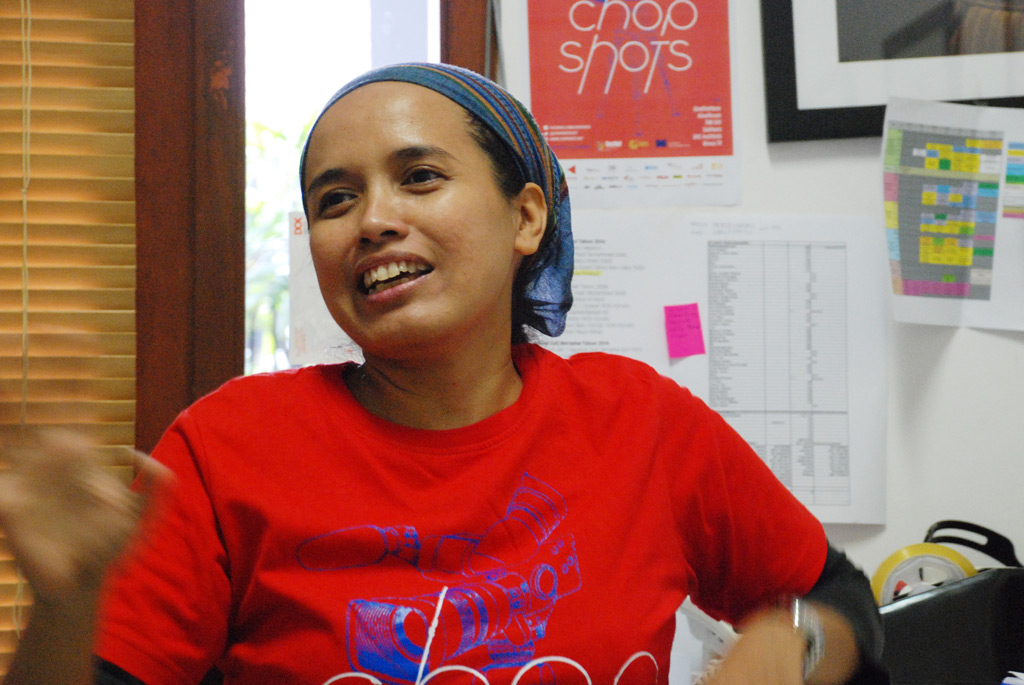
M
We read in a Jakarta Globe article that you first became interested in film after working in ANTV?
L
My first love is film and music. First starting with music, I was an event organizer and manager of a couple of bands. From my experience in music, I worked in a radio station, which led me to a three month internship in ANTV. During my internship in ANTV, I immediately was put to field work.
M
So you began your career in music?
L
I was immersed in the music world in the 90s and pretty much knew all the musicians back then. During my college years, the Political Science department organized many music events, which I often was a part of. After graduating, I was Roxx and Slank’s manager for a brief period of time. My involvement in music culminated in 1998 after the fall of President Soeharto. Me and my friends organized a 3-day Reformation celebration in Taman Ismail Marzuki. It was a combination of music, art and poetry performances. The event was called Bongkar. It was a very spontaneous and good spirited event where bands actually requested to perform, and individuals helped out by bringing lighting as well as sound equipment. It was the pinnacle of my experience in music.
M
So after Bongkar, you started working in film?
L
After this event was finished, I was offered to work at Salto, which was a production house that runs a music program at ANTV. Starting as a researcher, I ended up directing. From there, I was approached by Shanty Harmayn to help organize the first JIFFest [Jakarta International Film Festival]. That was my first experience in organizing an international film festival – and I was learning by doing, just like in ANTV [laughs].
JIFFest was successful, but I decided not to continue working there because I was also working with Konfiden, which I helped establish. The Goethe Institut also approached me around the same time. They asked me to organize a German short film tour of Indonesia. I agreed, as long as we also screened Indonesian short films during the tour.
I then established Boemboe, which focuses on the promotion and distribution of short films in Indonesia. This was a hardcore organization where we would only create small, intimate events with little or no funding. For example, we did 3 Cities Short Film Festival in which every 2 years, we traveled to 3 cities that have never had a short film festival, and just organized the festival right then and there. It was a very guerilla-like experience.
While working in Boemboe, I was invited to many events to speak about Indonesian short films. I was also making a documentary– I used to bring a camera with me when I traveled, resulting in a travelogue-like film. Festival programmers would invite me to speak and screen my works at their events – I would then send about 10 -15 films of other Indonesian filmmakers so they would get picked as well.
M
How did your relationship with European film institutions happen?
L
It was because of my relationship with Goethe. I have continuously been working with the Goethe Institut through 3 program directors.
In 2007, Germany became the hosting country for the European Union, and wanted to create a new film program, resulting in Europe On Screen. For 5 consecutive years, I helped organize the festival and I thought it was time to move on. The program director at Goethe approached me with a new project, which was DocNet South East Asia, which focuses on supporting documentary filmmaking. One of the programs they were working on was an International film festival – which resulted in ChopShots.
M
Could you briefly explain Docnet Southeast Asia?
L
DocNet is an on-going project supporting documentary filmmaking in Southeast Asia with an event every 2 or 3 months. In the span of two and a half years, we have had two seminars, two summer school workshops, a documentary producer workshop, and our bi-yearly festival – ChopShots.
M
How did you come up with the name ChopShots?
L
We tried to come up with a name that represents Southeast Asia and related to film. ChopShots refers to the editing process – chopping up footage. It took about two months just to agree on the name [laughs] because our team is all over Asia. Our project manager Thai Mai Lan is in Hanoi, our artistic consultant, Marc [Eberle], is in Pnom Phenh and we only communicated by email most of the time. It was truly a Southeast Asian project [laughs].
The first festival was a learning experience, which I guess it always is. It was just me and Mai Lan working on it, and though the festival was a success, we saw a whole lot of room for improvement – we are our own worst critics.
M
Why is this festival not yearly?
L
There aren’t many documentary filmmakers in Southeast Asia, and there aren’t established funding systems. It takes a long period of time for these filmmakers to make their films so making ChopShots every two years was a good idea.
M
What are the judging criterias for the films at ChopShots?
L
What is important is that the film can represent a Southeast Asian experience with a fresh, creative approach. The films should have a feeling, one that will provoke the audience to think. Each of us watch different categories and the decisions will be made together.
M
Do all film submissions get screened?
L
There were 247 submissions, and we will screen 58 of them. 30 of them will be in the competition – 15 full length, 15 shorts. We try to maintain the quality of film being screened in the festival.
M
What progress in documentary filmmaking have you seen since you have been working on DocNet and ChopShots?
L
From my own observations of the past two years, Southeast Asian documentary filmmaking is becoming more interesting and abundant. For example, there are always good Indonesian documentary films being submitted, and now there are more locally-made films instead of foreign films about the region.
M
What are the themes being discussed in the films?
L
There are a variety of topics discussed through the films, but ones that are common are issues about the environment and LGBT. The first ChopShots had many issues regarding politics, now there are films that talk about land rights.
It’s surprising how much in common we have in this region. Not only do we look similar, we also talk about similar things. ChopsShots is fortunate to be able to celebrate both the diversity and similarities of our cultures through film.
M
What are the goals of ChopShots?
L
Other than what I have discussed, we would like this festival to reveal who the documentary film players are in Southeast Asia and help build a network. It should be a meeting point where people can meet and collaborate. We are trying to create many “meeting points” through DocNet events and workshops.
M
As your organization wants to be a resource for documentary filmmaking, are there plans to expand your programs?
L
I believe we will continue working with Southeast Asian films, but what we are considering is our level of involvement. After the festival in Jakarta is over, we will have the ChopShots Travel Fest where we travel to different cities in Southeast Asia to screen selected films, and hopefully give access to audiences that would not be able to watch it otherwise.
M
Would you say that with so many films being made in Southeast Asia that there will be standardization, whether in the quality of the films or funding, within the industry?
L
I do believe we are a little bit left behind in terms of the film industry’s infrastructure, but with a growing network of filmmakers, I believe we are producing a standard.
There are, though, problems in Southeast Asia including censorship, which limits the movement for film distribution as well as content.
M
What is the condition of documentary filmmaking in Indonesia?
L
Indonesia has great potential for documentary filmmaking; the problem is – where the hell do you send your films? There is a national documentary film festival in Yogyakarta, but that’s about it. TV? Perhaps Metro TV’s Eagle Awards, but that was made for beginner filmmakers. That is one of the reasons for creating ChopShots and DocNet, to create more facilities for documentaries.
M
How did the documentary filmmaking genre develop along with the general Indonesian film industry?
L
It is perhaps a bit of a different game – the documentary filmmakers are known, but in different circles than fiction. You can see documentary films getting exposure mostly in festival circles, and Indonesian films have been to festivals. For example, “Denok dan Gareng”, which was the runner up in the first ChopShots, is being screened in festivals, and “Negeri di Bawah Kabut” won awards in Dubai.
Documentary filmmaking is gradually growing in Indonesia. What I believe we are lacking is reference. We are not exposed to many good documentaries in our media, and Indonesians rarely travel to see documentary film festivals.
Documentaries focus on one particular subject, and to truly create an immersive film experience takes time – to capture moments, to do research, etc . You need funding to support the film and yourself, and then when you’re finished, you don’t know how to distributed it. It takes a lot of individual perseverance to make a film in Indonesia.
M
Technology is much more accessible now. How do you think it influences filmmaking?
L
There are definitely more filmmakers now because of affordable technology. To create a good film, though, one needs much more than just equipment. We need an environment that is conducive to create quality films. Film Festivals, theaters that will screen the film, media participation, critics, etc – if not, we will have a thousand films produced every year, but they will all be crap. We need to create an environment where the good films and filmmakers get recognized. Technology is not enough. There is a need to create a quality-competitive environment.
M
What is the industry standard in Indonesia?
L
With our exposure to American, Korean, Indian films, we measure our standards based on these foreign work – which is fine What needs to be asked is ‘what is a good Indonesian film?’ It is difficult to access Indonesian films by directors such as Teguh Karya and Suman Jaya, so we, particularly our youth, don’t have a good grasp of the Indonesian film character. Watching films from all over the world is fine, but to talk about the Indonesian standard we need to refer to and understand local films. Indonesians should be able to relate to Indonesian films.
M
Why is it difficult to access Indonesian films?
L
I believe it is the classic issue of distribution. Only a handful of people have the money and resources to distribute, so the films are at the mercy of these people’s preferences. There also has to be a public need for these films – without the audience demanding to see these films, the distributors have no reason to consider screening them.
M
Also funding, I suppose?
L
Yes, there is the matter of funding as well. Most Indonesian film funding comes from private investors, so there are certain demands from the investors that need to be considered. These demands are quite natural, but there are only a few producers and directors with bargaining power, and they have been working in the film industry for a substantial period of time.
M
What would you say is the future of the Indonesian film industry? Where is it headed?
L
Despite the problems – lack of theaters, screenings – Indonesians persevere and continue to create films. If we were to improve the industry’s infrastructure, it will create the environment for the filmmakers to continue and advance their craft. I have seen many talented directors discontinue their creative endeavors because making and distributing their works is too difficult.
When I was in Konfiden, I remember all filmmakers calling themselves “independent filmmakers”. We were all independent filmmakers because there is no industry to be a part of [laughs].
Right now we have the BPI [Badan Perfilman Indonesia] that is the hope of the Indonesian film industry. Indonesia needs an institution that can lobby the government, that understands the legal issues, that is in a position of authority, and this is what we hope the BPI will be.









